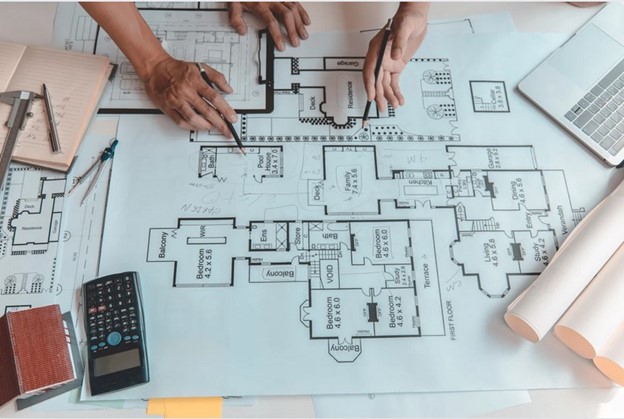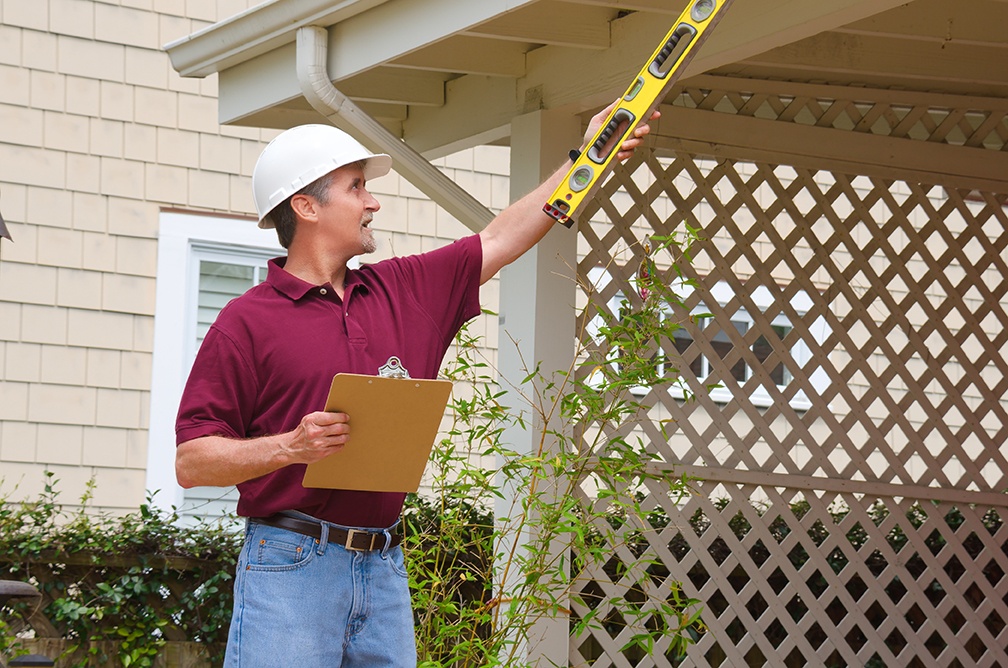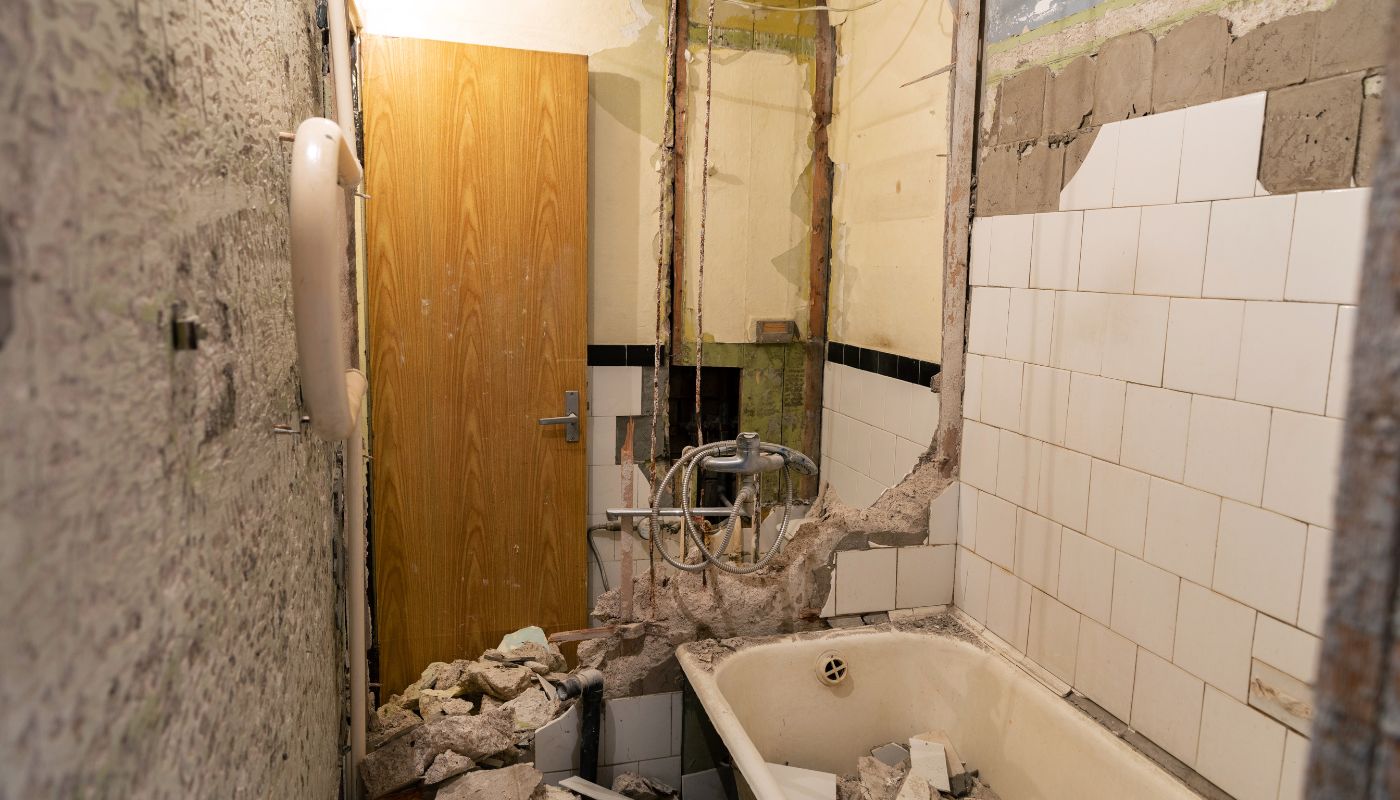 Making the decision to build a home might be one of the biggest you make in your life. You’ve found the perfect plot of land and have a vision of what type of home you want, but you need someone to bring your dream to life.
Making the decision to build a home might be one of the biggest you make in your life. You’ve found the perfect plot of land and have a vision of what type of home you want, but you need someone to bring your dream to life.
That means it’s time to start interviewing architects. Hiring an architect isn’t as simple as just calling up a few and seeing who might have the time. You’ll want to ensure you choose a professional that understands your design aesthetic, communicates well, can design on budget, and has an upstanding reputation. Below are a few key questions to ask when deciding whom to hire.
Do You Have A Specific Design Style?
When interviewing architects, be sure to ask each one if they have a specific aesthetic and if you can see a portfolio of his or her work. While most are adaptable, they usually all have design themes that recur in their projects.
Whether you want a minimalist structure or LEED certified construction, you’ll want to know they have the experience.
What Is Your Fee?
You’ll need to inquire whether they charge a flat fee for their designs or a percentage of the total building cost. Most architects charge a percentage of the overall cost of your home, usually ranging from 5-20 percent.
This is important to know because it means that for every floorboard installed, you’ll need to add on the architect’s additional percentage.
Do You Provide Project Management Services?
There are many services that architects should include within their contract, such as checking the contractor’s work, making adjustments as the construction moves forward and obtaining lien waivers.
Get a list of what each architect you interview includes in his or her fee. Additional charges can add up and might play a part in who you choose.
Interviewing architects and finding the right professional can make all the difference when it comes to building exactly what you want. One you work well with can make the construction experience extremely pleasant, while a negative relationship can leave you hating your new home.
So do your research and be sure to get references.
 Moving to a new home can be a stressful time for both you and your dog. Dogs are creatures of habit, and a new environment can be overwhelming for them. However, with the right approach, you can help your dog adjust to their new home smoothly.
Moving to a new home can be a stressful time for both you and your dog. Dogs are creatures of habit, and a new environment can be overwhelming for them. However, with the right approach, you can help your dog adjust to their new home smoothly. Inflation can erode the value of your savings over time, and one way to hedge against inflation is by investing in assets that appreciate in value over time. Real estate is often considered a good hedge against inflation, as property values tend to rise in line with inflation.
Inflation can erode the value of your savings over time, and one way to hedge against inflation is by investing in assets that appreciate in value over time. Real estate is often considered a good hedge against inflation, as property values tend to rise in line with inflation. Living in an urban setting often means compromising on outdoor space. However, even the tiniest of balconies or patios can be transformed into inviting and functional outdoor retreats. With a bit of creativity and thoughtful planning, you can maximize your small outdoor space and create a beautiful oasis right outside your doorstep.
Living in an urban setting often means compromising on outdoor space. However, even the tiniest of balconies or patios can be transformed into inviting and functional outdoor retreats. With a bit of creativity and thoughtful planning, you can maximize your small outdoor space and create a beautiful oasis right outside your doorstep. Buying a new home is an exciting and significant milestone in anyone’s life. However, it’s essential to approach the homebuying process with caution and thoroughness to ensure that you’re making a sound investment. One crucial step in the homebuying journey is the home inspection. A home inspection is a comprehensive evaluation of a property’s condition, aiming to uncover any potential issues or concerns that could affect its value or safety. Below are some tips to remember when navigating a home inspection.
Buying a new home is an exciting and significant milestone in anyone’s life. However, it’s essential to approach the homebuying process with caution and thoroughness to ensure that you’re making a sound investment. One crucial step in the homebuying journey is the home inspection. A home inspection is a comprehensive evaluation of a property’s condition, aiming to uncover any potential issues or concerns that could affect its value or safety. Below are some tips to remember when navigating a home inspection. The bathroom is one of the most important and frequently used spaces in a home. Over time, it may start to show signs of wear and tear or become outdated. If you’re considering renovating your bathroom, one of the first decisions you’ll face is whether to tackle the project yourself or hire a professional. Both options have their pros and cons, and it’s essential to weigh them carefully before deciding.
The bathroom is one of the most important and frequently used spaces in a home. Over time, it may start to show signs of wear and tear or become outdated. If you’re considering renovating your bathroom, one of the first decisions you’ll face is whether to tackle the project yourself or hire a professional. Both options have their pros and cons, and it’s essential to weigh them carefully before deciding.